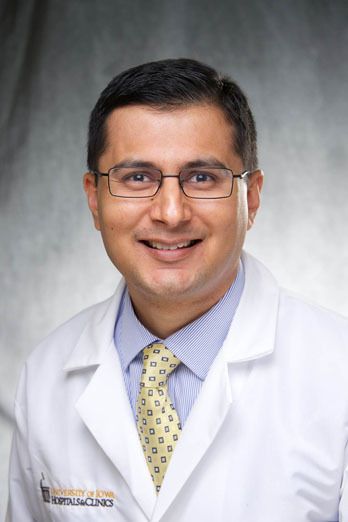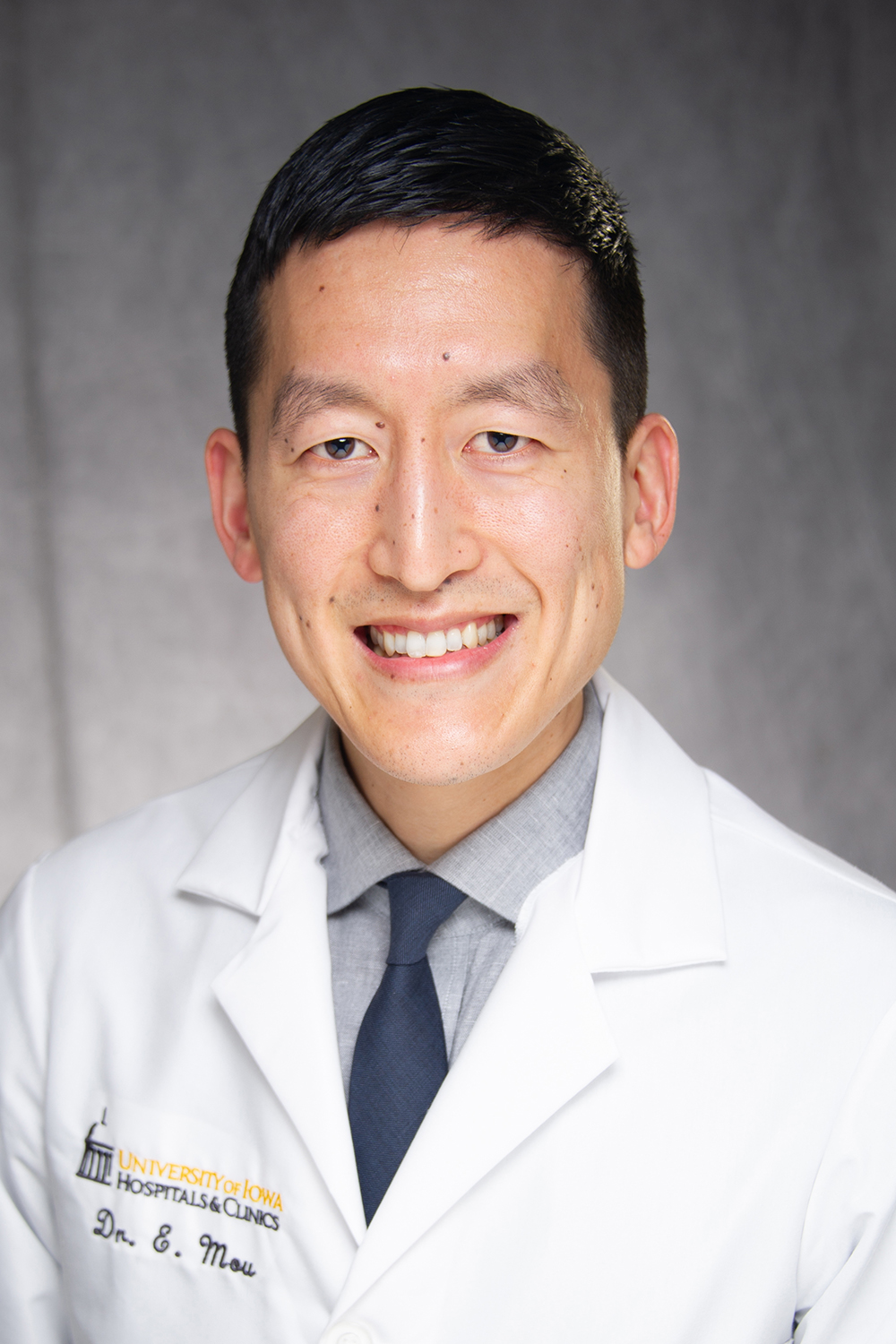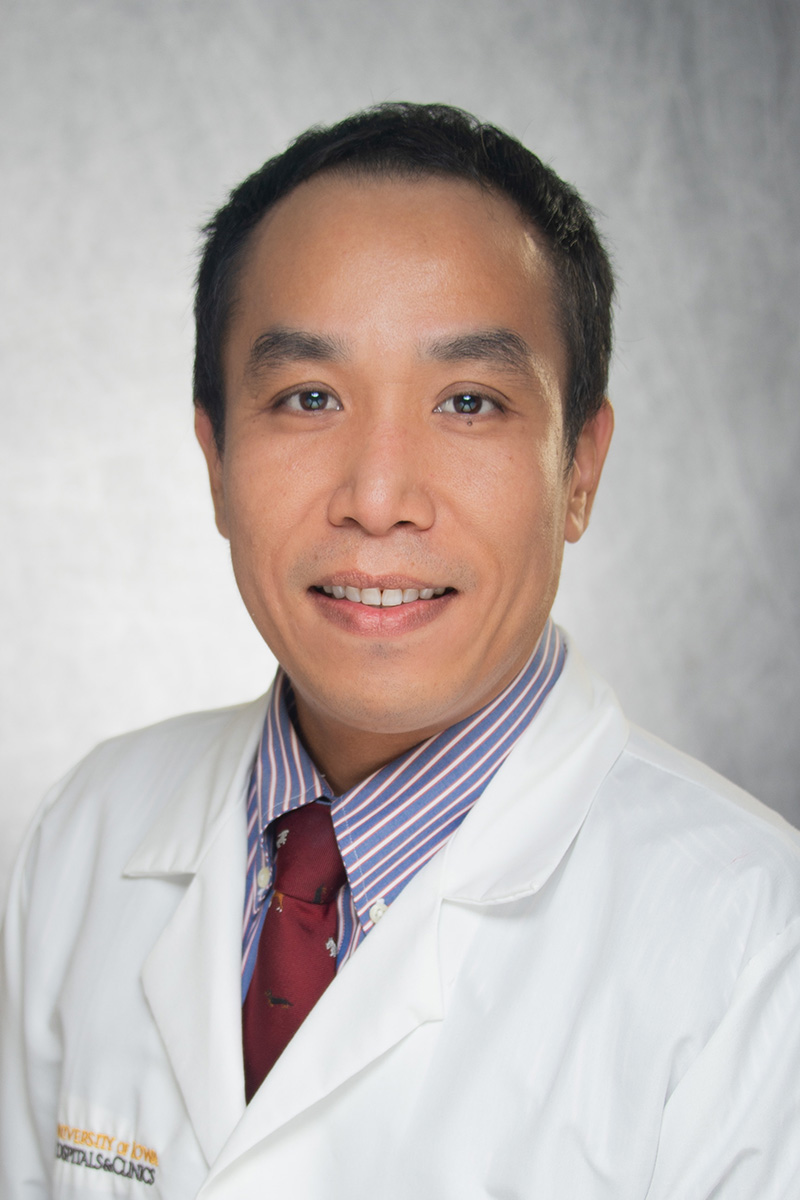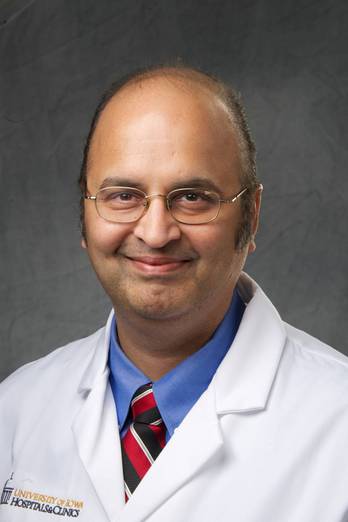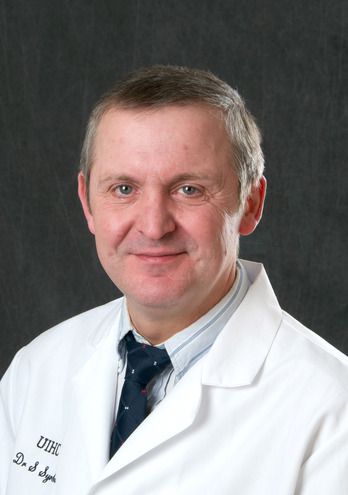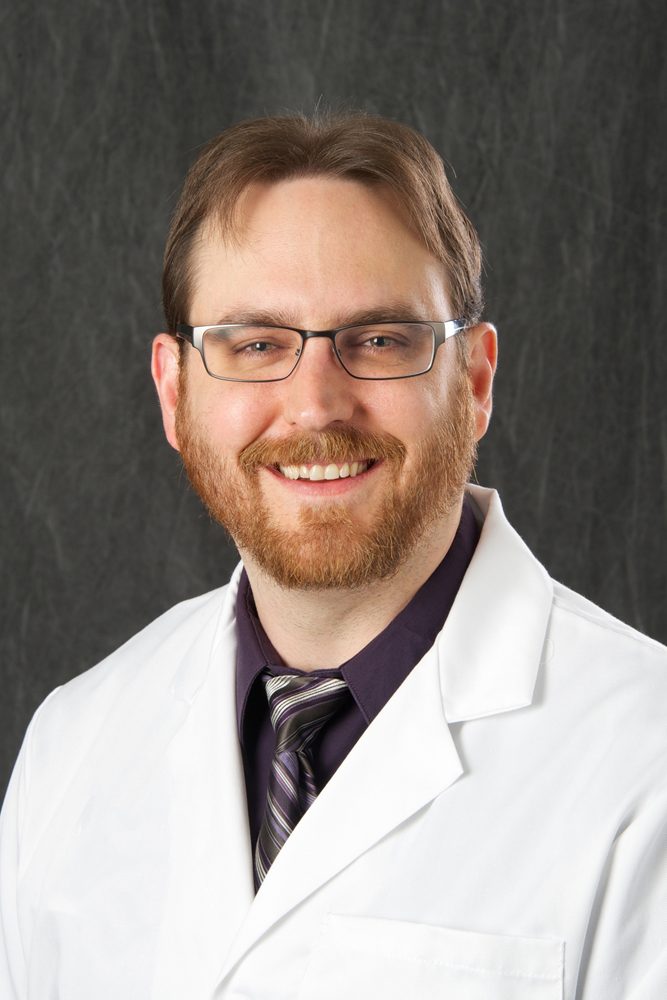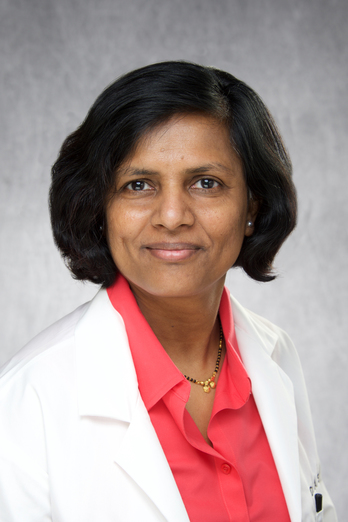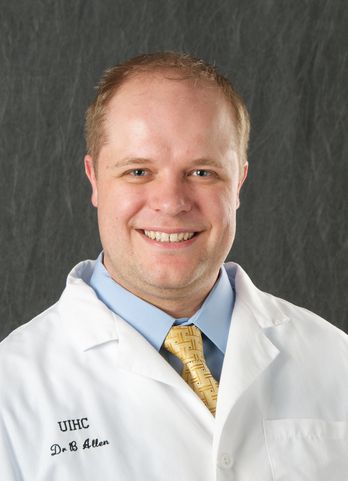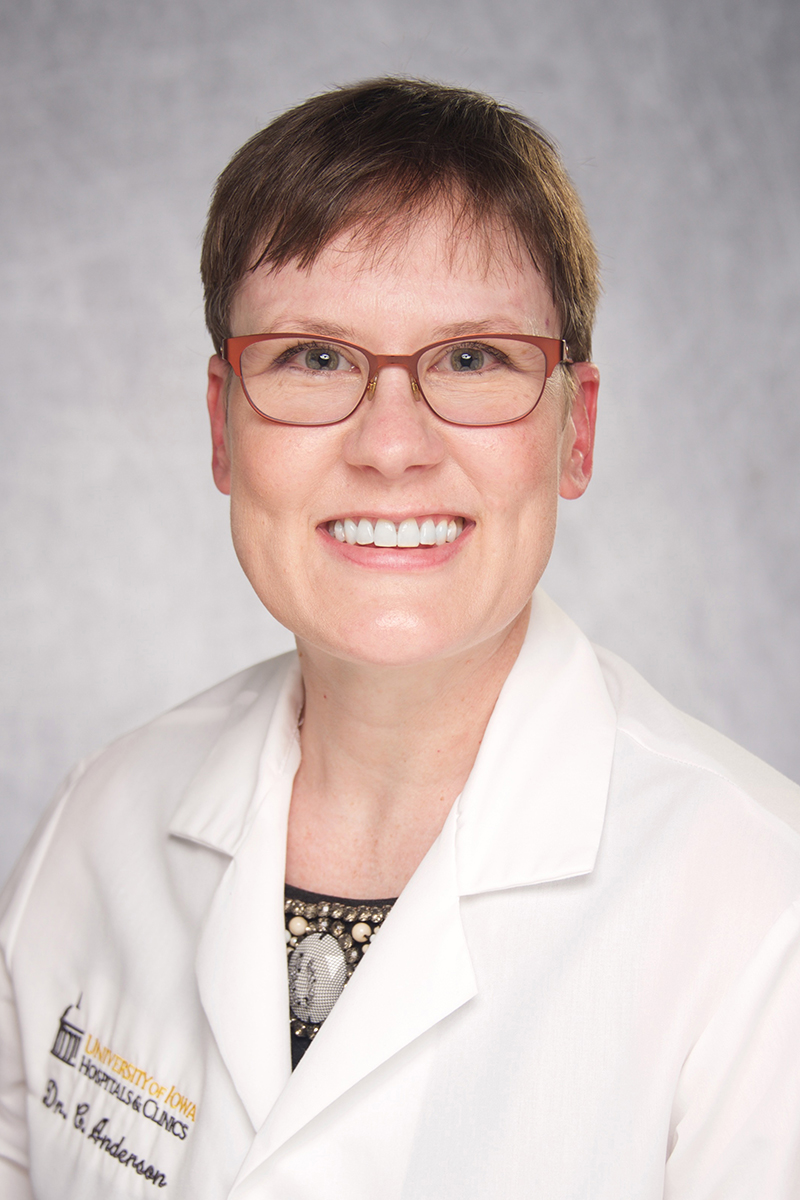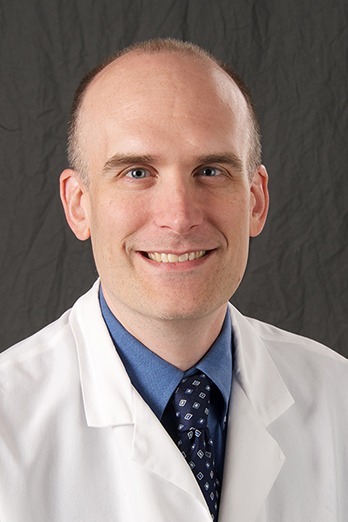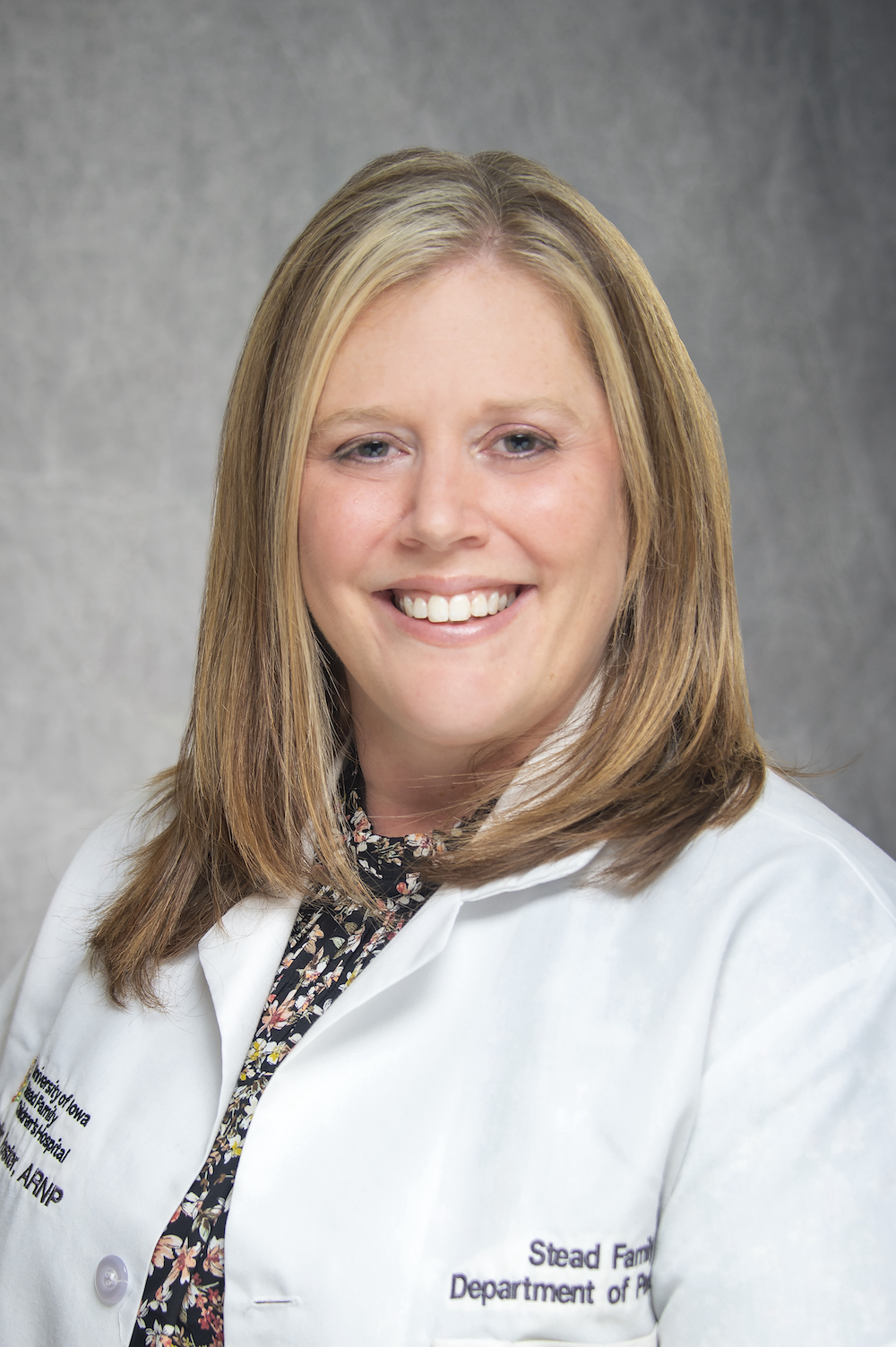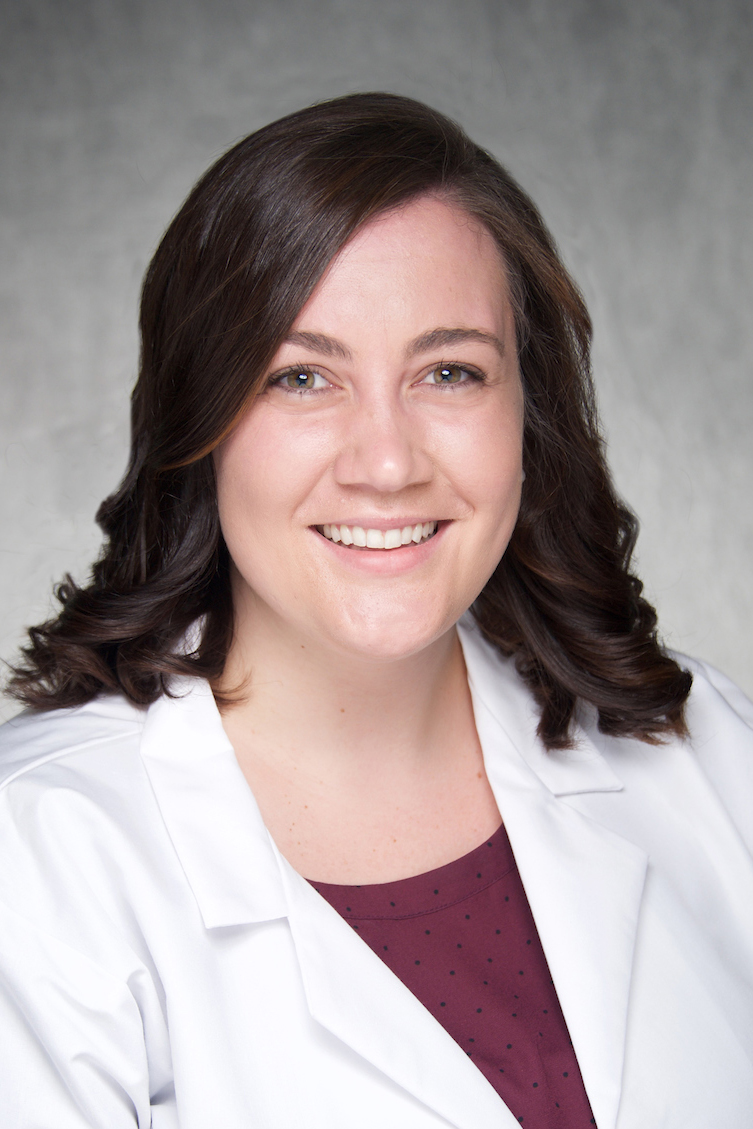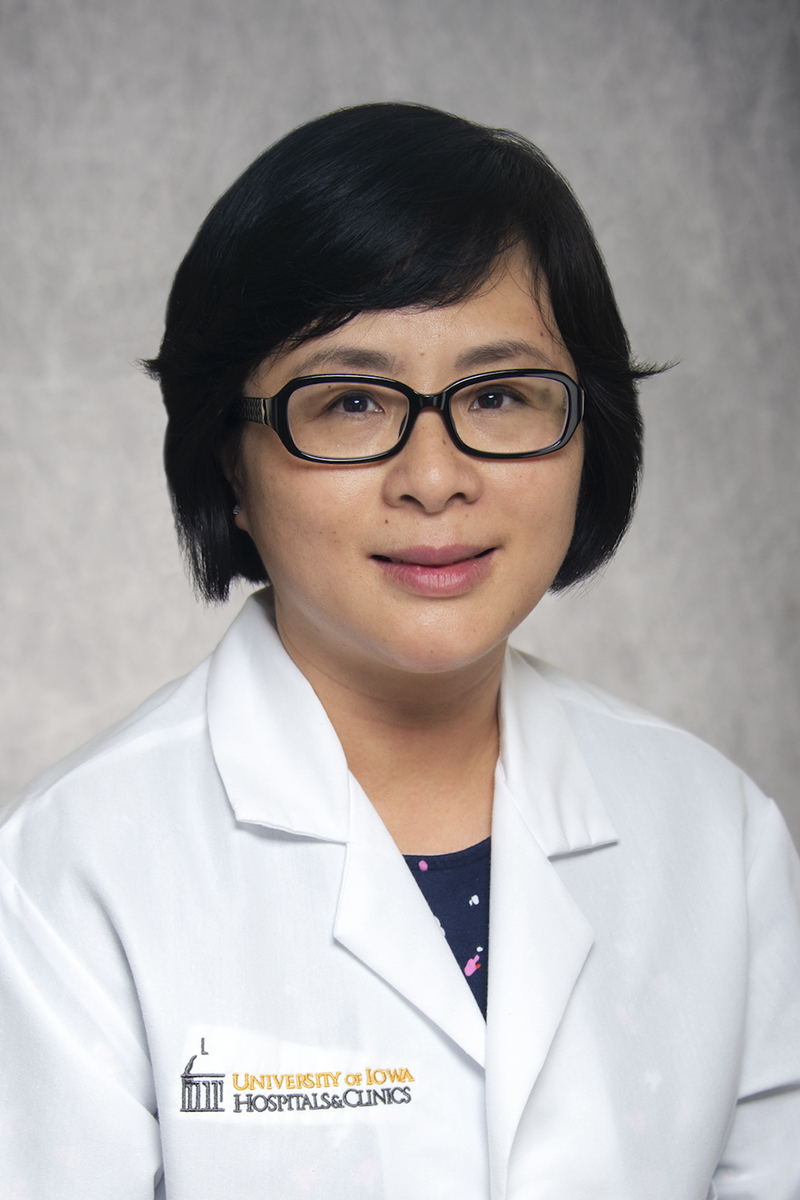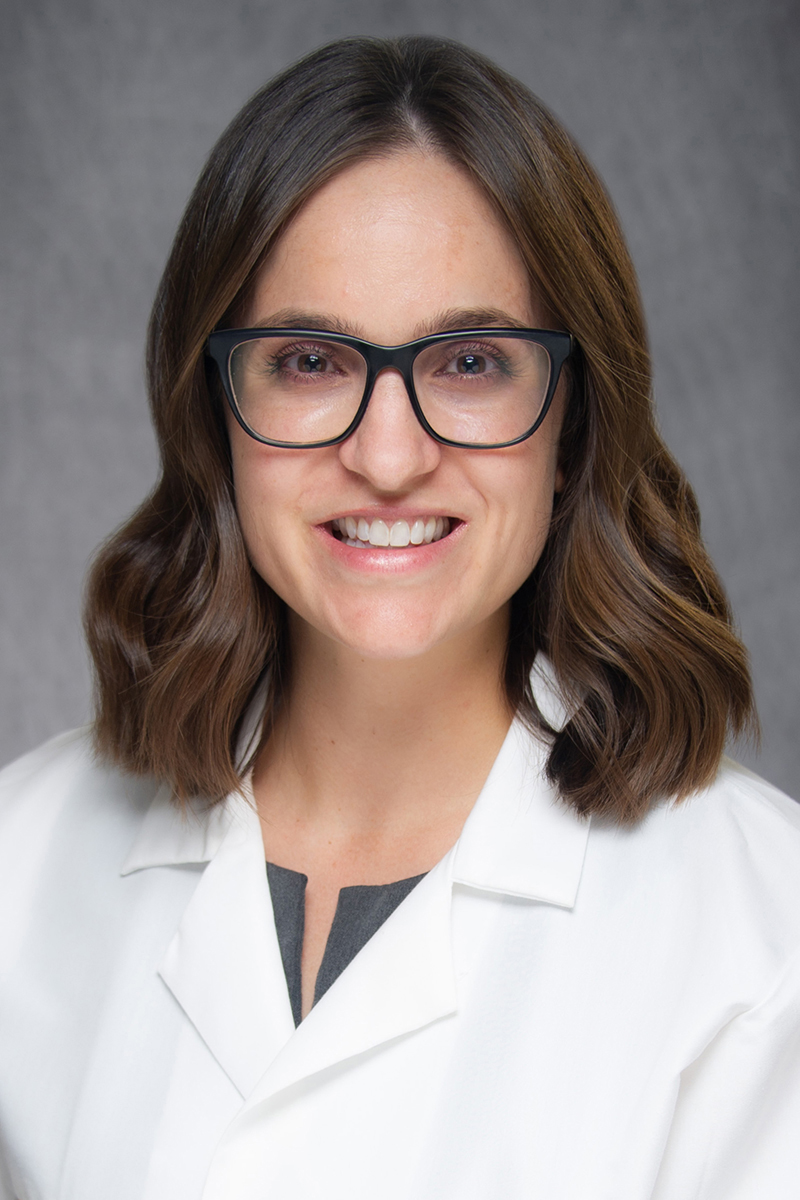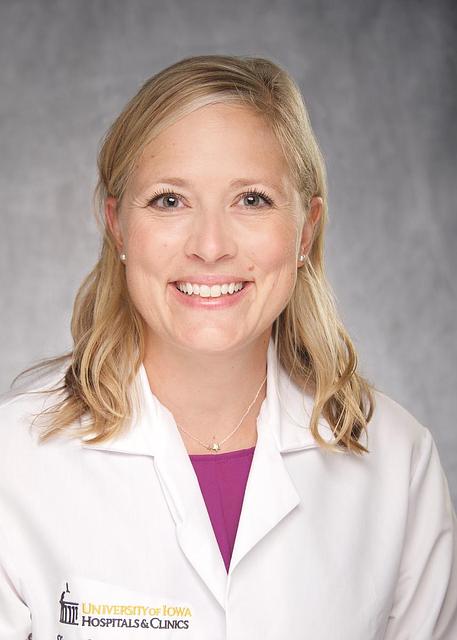A swollen lymph node is the most common symptom of lymphoma.
You have hundreds of lymph nodes all over your body, and there are clusters of them in your armpit, groin, and neck. Painless swelling in those areas of your body could be a sign of lymphoma.
Lymphoma is blood cancer that starts in the lymph system, which is part of the immune system. Lymph is a fluid that mixes with the blood to fight infection. Lymph nodes are glands that control the flow of lymph through your body.
Other lymphoma symptoms include:
- Fatigue, tiredness, or weakness
- Fever
- Drenching night sweats
- Loss of appetite
- Weight loss
- Coughing
- Chest pain
- Abdominal pain
Learn more about lymphoma.
- Lymphoma is one name for many types of cancer in the lymph system, including Hodgkin disease.
-
Hodgkin disease is one kind of lymphoma. All other lymphomas are called non-Hodgkin lymphomas. The symptoms of Hodgkin disease and non-Hodgkin lymphoma are mostly the same.
Lymphoma starts in cells called lymphocytes. The main difference between Hodgkin disease and non-Hodgkin lymphoma is in which kinds of lymphocytes are affected.
- People with a weakened immune system have a higher risk of getting Hodgkin disease.
-
The cause of Hodgkin disease is not known, but there are some things that can increase the chances of getting it. These are called risk factors. Risk factors for Hodgkin disease include:
- People whose immune system is weakened, either by drugs (such as after an organ transplant) or by an auto-immune disorder (such as HIV) have a higher risk.
- People who have had mononucleosis, also called mono, have a slightly higher risk of getting Hodgkin disease.
- Hodgkin disease is most often diagnosed in people in their 20s or people who are over age 55.
The risk for Hodgkin disease is a little higher for people who have a brother or sister who have had it.
- Older age is a risk factor for many types of lymphoma.
-
There are some things that can increase the chances of getting a non-Hodgkin lymphoma. These are called risk factors. Risk factors for non-Hodgkin lymphoma include:
- Age: Most lymphomas are diagnosed in people over age 60.
- Gender: Generally, men have a higher risk than women.
- Race: White people have the highest risk.
- Family history: If someone in your immediate family has a non-Hodgkin lymphoma, that can increase your risk.
- Weakened immune system: An immune system weakened by drugs after an organ transplant or by an auto-immune disorder like HIV can increase your risk for non-Hodgkin lymphoma.
There are many types of non-Hodgkin lymphoma. These risk factors are not the same for every type.
- Treatments for lymphoma are changing rapidly.
-
Lymphoma treatment depends on the type of disease and the patient. Treatment types include measures used to treat other cancers, including:
- Chemotherapy
- Radiation
- Surgery
Another treatment for some lymphoma patients is a bone marrow transplant, also called a stem cell transplant. Blood is formed by bone marrow cells. A bone marrow transplant allows a doctor to use high doses of chemotherapy and radiation to kill cancer cells in the bone marrow and then replace them with new bone marrow cells through a transplant.
Holden’s team of lymphoma experts is dedicated solely to treating lymphoma and finding new cures.
Our fellowship-trained medical oncologists and hematopathologists focus primarily on lymphoma. This leads to a deeper understanding of lymphoma and greater expertise.
We use a team approach to treat your lymphoma. Our experts—medical oncologists, radiation oncologists, and others—work together to offer advanced treatments and therapies tailored for you.
Treatment plans may include:
- Active surveillance, if your lymphoma is slow-growing or doesn’t cause symptoms
- Chemotherapy, including liposomal drug delivery
- Immunotherapy, including monoclonal antibody, cytokine therapy, and CAR T-cell therapy
- Pinpointed, high-dose radiation therapy that minimizes damage to healthy tissue
- Stem cell or bone marrow transplants
We also offer:
- Coordinated care, personal attention: Your care team includes a nurse navigator who coordinates all of your care. We also offer counseling services, support groups, and more for you and your family.
- Clinical trials: Access to potentially new therapies not yet widely available.
- Genetic counseling: Our counselor can analyze your family history to calculate your risk and counsel you on which genetic tests, if any, can help you.
Meet our lymphoma care team.
Internal Medicine Physicians
Pathology Physicians
Pediatric Physicians
Radiation Oncology Physicians
Nurse Practioners
Cancer Care Clinics
Clinical Cancer Center
21602 Pomerantz Family Pavilion (PFP)Elevator M, Level 1
Phone: 1-319-356-4200

